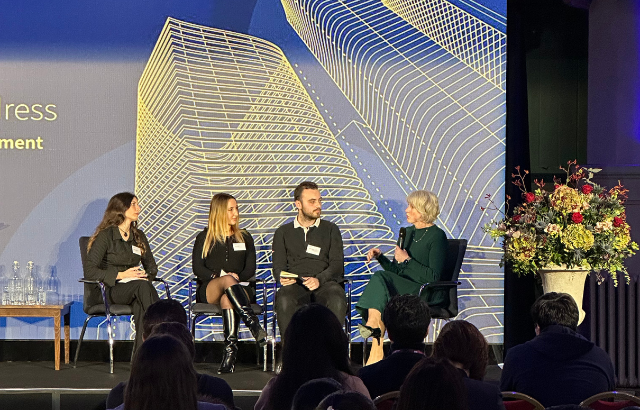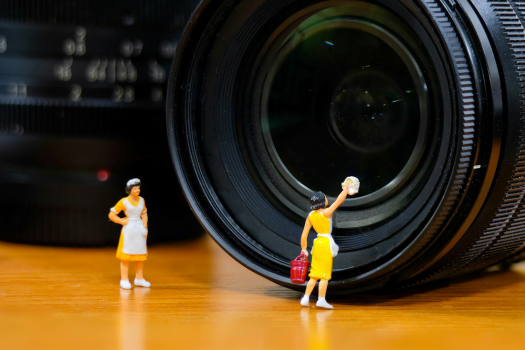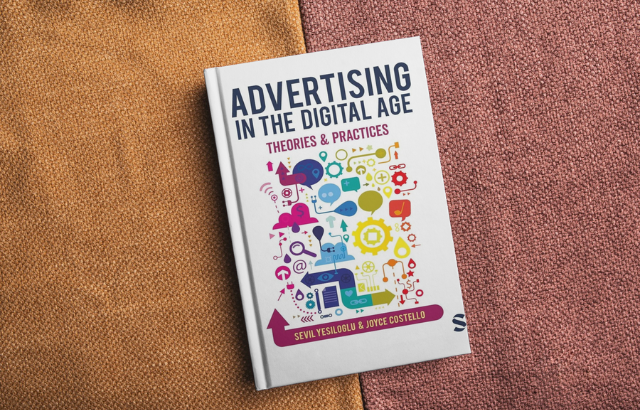Queen Mary expert demonstrates how art can be used to challenge and tackle injustice
A new book by creative and cultural industries lecturer Dr Paula Serafini examines the importance of art to the struggle for social, environmental and cultural justice in Latin America.

Dr Serafini has dedicated years to unpicking the politics of artistic practices, movements and creations – but her most recent book looks specifically at the role that art can play in tackling the issue of ‘extractivism’: an intensive, violent and often un-democratic model for the exploitation of raw or natural materials for export.
‘Creating Worlds Otherwise: Art, Collective Action, and (Post) Extractivism’ addresses pressing questions on what a world without extractivism might look like and how such visions are put into practice. Since publication this summer, the book has been praised as “an innovative contribution to the fields of Latin American studies, political ecology, cultural studies and art theory”.
Exploitation of resources
While not a frequent feature of day-to-day conversation, ‘extractivism’ has become the go-to term for activists and scholars in Latin America to explain the dynamics of ecological devastation, accumulation of wealth and erosion of rights.
Dr Serafini’s book details how the serious issues caused by extractivism can be traced back to long-standing extraction-oriented economies – but have grown worse recently due to the expansion of the extractive frontier, and the use of new technologies in the extraction of fossil fuels as well as mining and agriculture.
Discussing her latest book, Dr Serafini said: “The publication of ‘Creating Worlds Otherwise’ coincides with numerous damning reports by different organisms of the United Nations, which sound the alarm on the unsustainability and destructive effects of our growth-oriented global economy, and how this path will lead us to global collapse unless we enact radical changes.”
Arts for social justice
In the new publication, Dr Serafini examines the narratives that affected communitiescreate around extractivism to challenge the powerful elites that profit from this damaging practice. The book also details how these messages can be shaped and spread through art and cultural practices.
Dr Serafini explained: “In short, art is what makes me certain that we are capable of other ways of living. This is why ‘Creating Worlds Otherwise’ focuses on the social role of art, and more specifically, the functions that art can fulfil under extractivist societies. I hope this book serves as inspiration for those who want to enact radical change and who want to live otherwise, whatever step of the journey they find themselves in.”
Dr Serafini’s book ‘Creating Worlds Otherwise Art, Collective Action, and (Post) Extractivism’ is published by Vanderbilt University Press, and is available to buy directly from, Amazon, Blackwell’s, Vanderbilt University Press, and Waterstones.
Dr Serafini is a lecturer in Creative and Cultural Industries in Queen Mary’s School of Business and Management, teaching undergraduate and postgraduate modules on creative industries.
Image accreditation: ‘Presencia de América Latina’; Farisori; CC BY-SA 3.0
Related items

29 November 2024

12 November 2024
